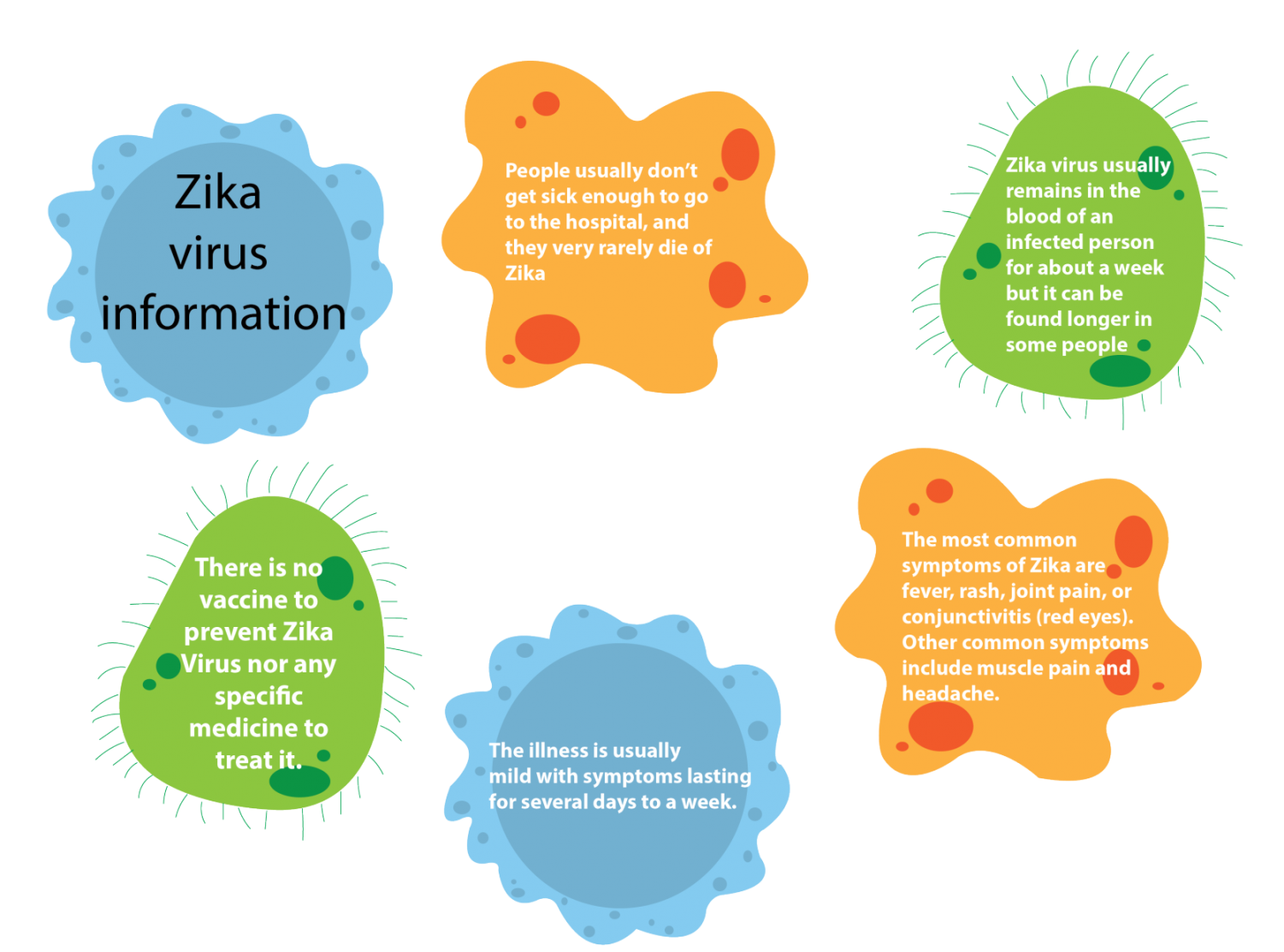Zika Virus affects GSU’s study abroad programs
February 23, 2016
The Zika virus, a mosquito spread disease that causes fevers, rashes and muscle and joint pain, has been rapidly spreading across the Americas over the past few months.
The virus has the potential to scare off students interested in studying abroad to the affected areas, but some students believe that the virus will have no effect on participation.
“I do not think the Zika Virus will affect the study abroad trips at Georgia Southern because it is not a deadly virus,” Amber Taylor, president of the Spanish club, said. “There is always the potential of unknown viruses to travel from other countries to our area.”
Dolores Rangel, Ph.D., associate professor of Spanish and head of a study abroad trip going to Mexico, believes that all the hype behind the Zika virus is just making people afraid to travel abroad.
“I haven’t even thought about it. [Students] haven’t even asked me anything about [the virus],” Rangel said.
Currently, there are no reports of the Zika virus in the Statesboro area, in Bulloch County or the surrounding areas. However, according to the Atlanta Journal Constitution, there has been a confirmed case in Georgia, in which the affected person had traveled to Colombia sometime between late December and early January.
The Zika virus is not a new virus and has been around since the 1950s. The virus recently became known worldwide because of the suspected link between the virus and pregnant women in Brazil, who have been giving birth to babies with microcephaly, a condition that causes infants to be born with unusually small heads.
According to the CDC, the virus can be transmitted through both sexual contact and through blood. Men who have traveled to an area with the Zika virus are encouraged to either abstain from sex or use condoms. In addition, the American Red Cross is urging individuals that have traveled to a country that has seen an outbreak of the virus to wait at least four weeks before donating blood.
Symptoms of the Zika virus include fever, joint pain, red eyes, muscle pain and headaches. They usually last anywhere from a few days to a week and people rarely die from the virus.
With the 2016 Rio Olympics rapidly approaching, the virus could cause somebody to decide not to travel. Some professors at GSU believe that this is not the case.
“The hysteria far exceeds the science on the subject,” Mark Welford, professor of geography, said. Welford is also one of two individuals overseeing a study abroad program heading to Ecuador, which is currently one of the many countries affected with the Zika virus.
Welford isn’t personally concerned about the virus affecting himself, but is concerned that students are worried about the virus. One student had already dropped out of the study abroad trip and two others who initially had talked about going on the trip had decided not to. Despite that, Welford offered up some tips on how to stay safe in the Zika affected regions.
“You should follow the recommendations of the CDC. With mosquito borne diseases, when you’re out and about during the day, you should have mosquito repellent on you. At night make sure that all your accommodations have screens on the windows and if not, mosquito nets. That’s more than suffice,” Welford said.







